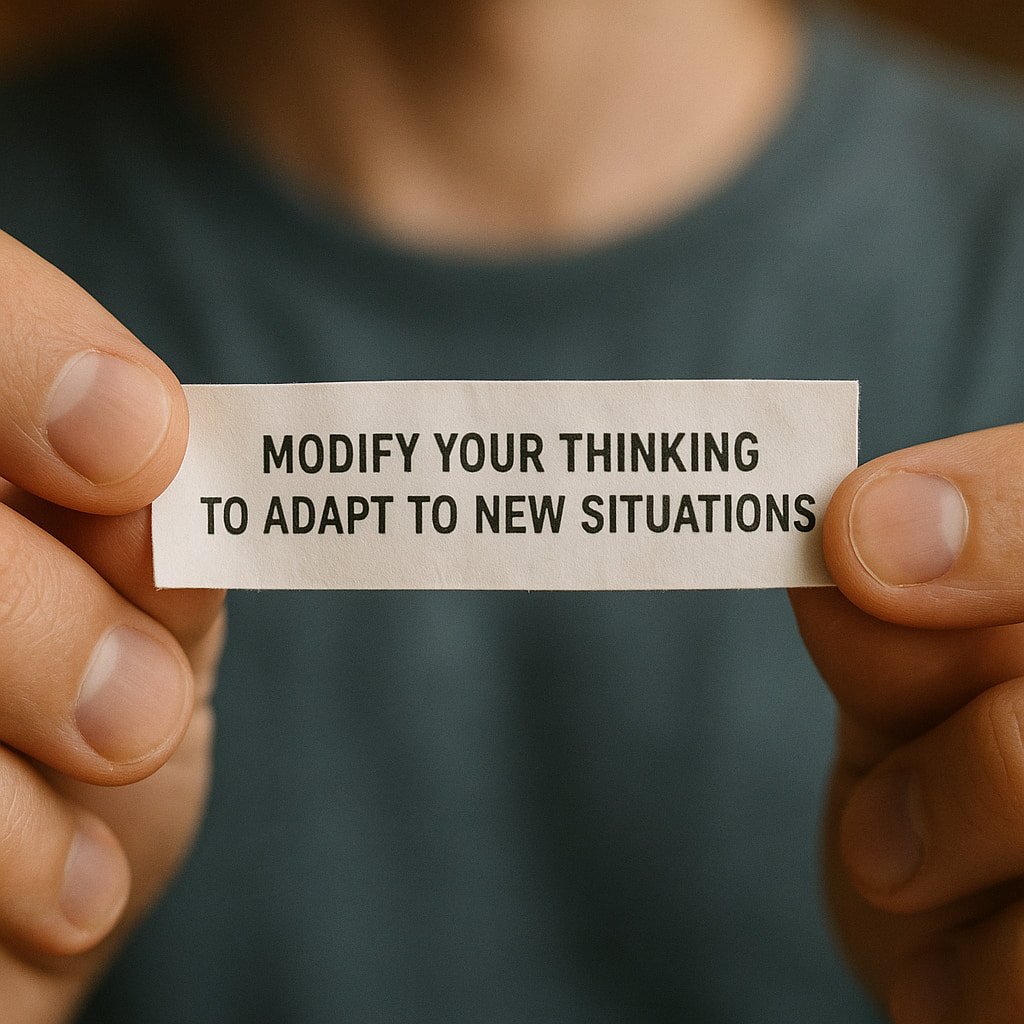Business as Usual?
When growth masks risk, will your team see it coming?
A fast-paced business simulation that starts with strategy and ends in crisis.
This session reveals how your people respond when ‘business as usual’ suddenly isn’t.
Overview
STRATEGISE | FACE CRISIS | LEAD THROUGH IT
Your team is leading Stratamate, a successful $80M strata management business.
The goal? Grow revenue, expand nationally, and outperform your peers. You’ll set strategy, allocate resources, and respond to shifting priorities. Then, just as momentum builds, something goes wrong. Very wrong.
Simulation Flow
Who it’s For
Built for Leadership Teams Ready for a Pressure Test
This simulation is designed for groups who want to grow, but know growth brings risk.
It’s a chance to surface blind spots, test leadership under pressure, and get serious about operational resilience.
- Leadership teams exploring how they respond to unexpected challenges and what risk lives beneath the surface
- Middle managers practising real-time decision-making when priorities clash and plans go off-script
- Businesses preparing for growth, change, or handover, who need to know their systems (and people) will hold
- Postgrad and executive education cohorts building confidence in strategy, crisis leadership, and cross-functional alignment

CLARITY | COMPLACENCY | CRISIS | CONFIDENCE
This simulation is designed to reveal what often goes unseen.
The gap between what teams intend to do and what they’re actually ready for.
Here’s the emotional journey your team will travel:





